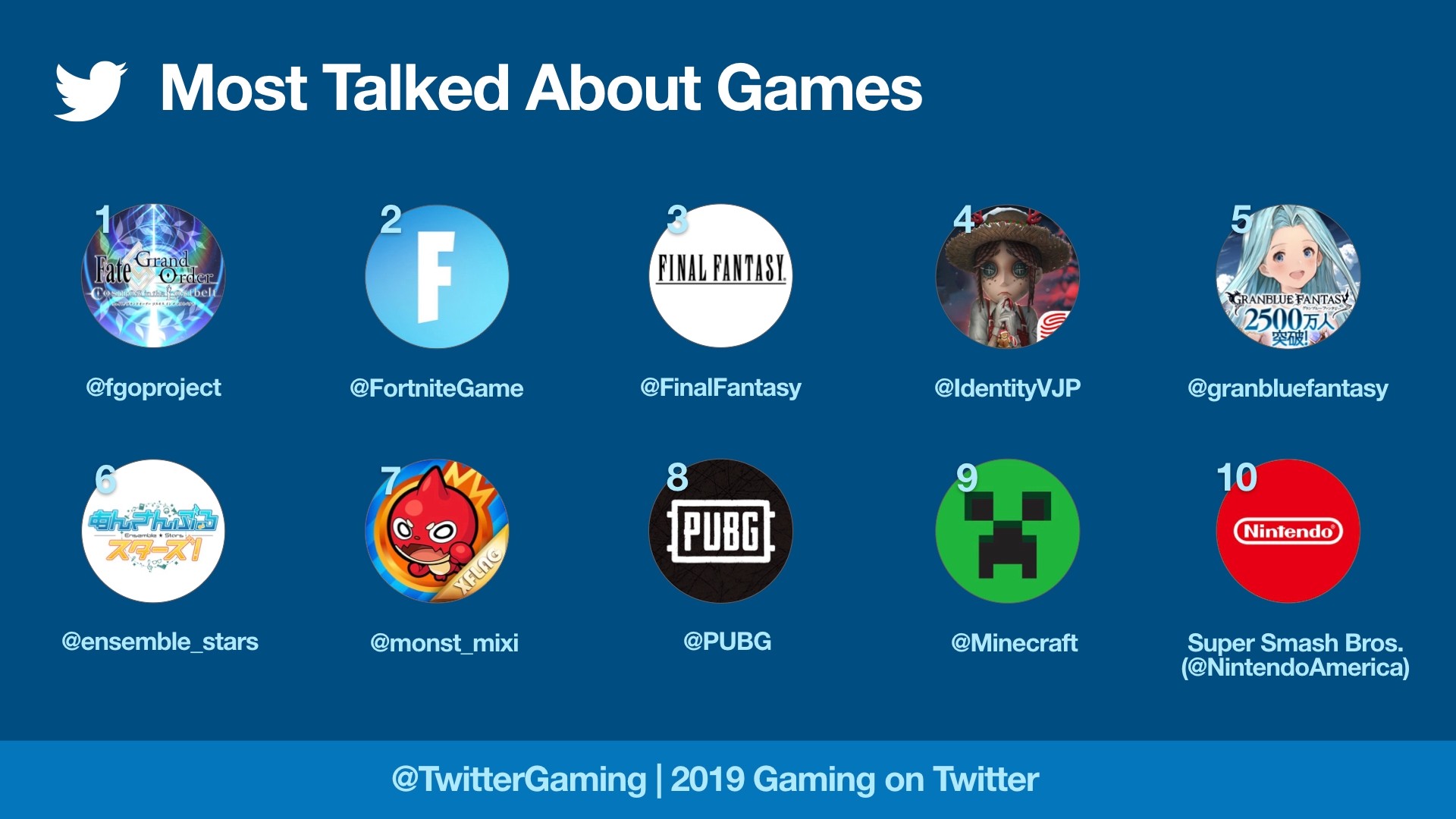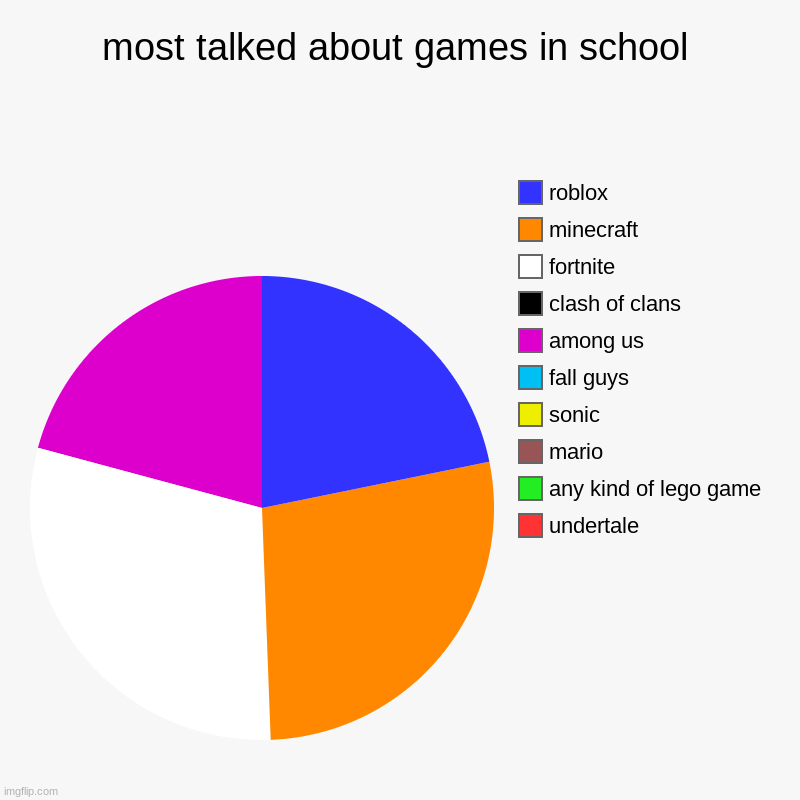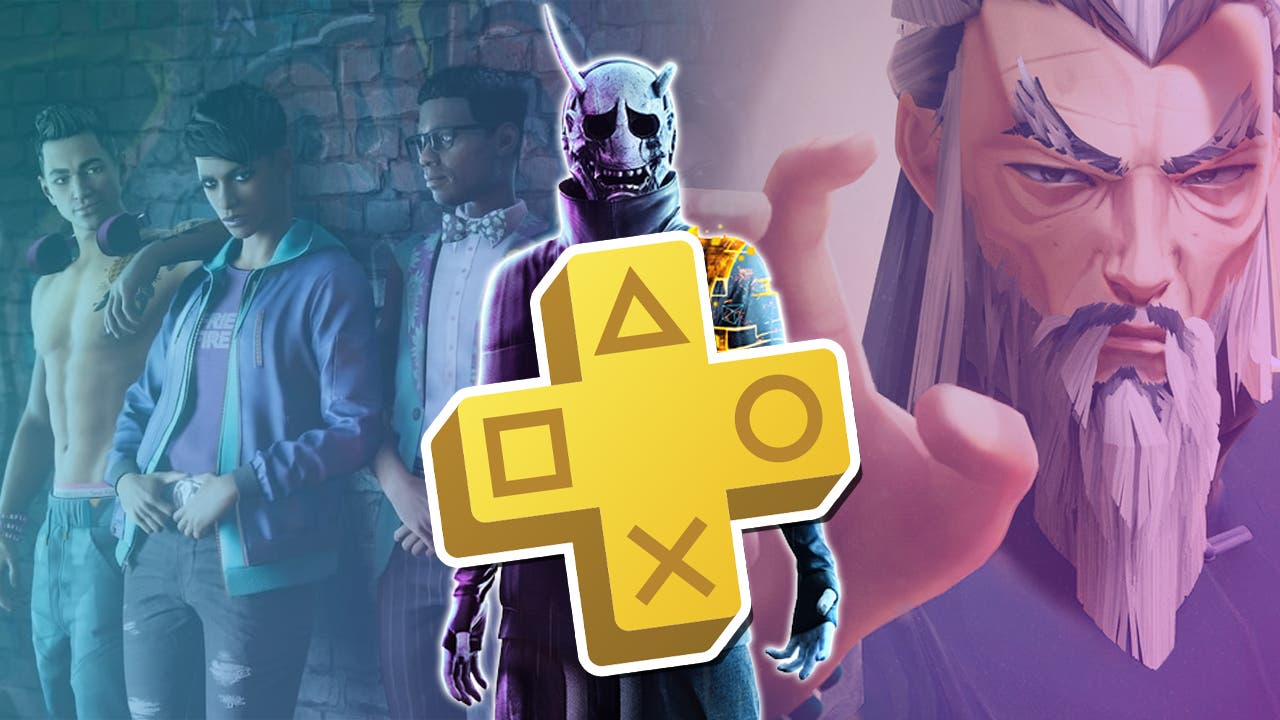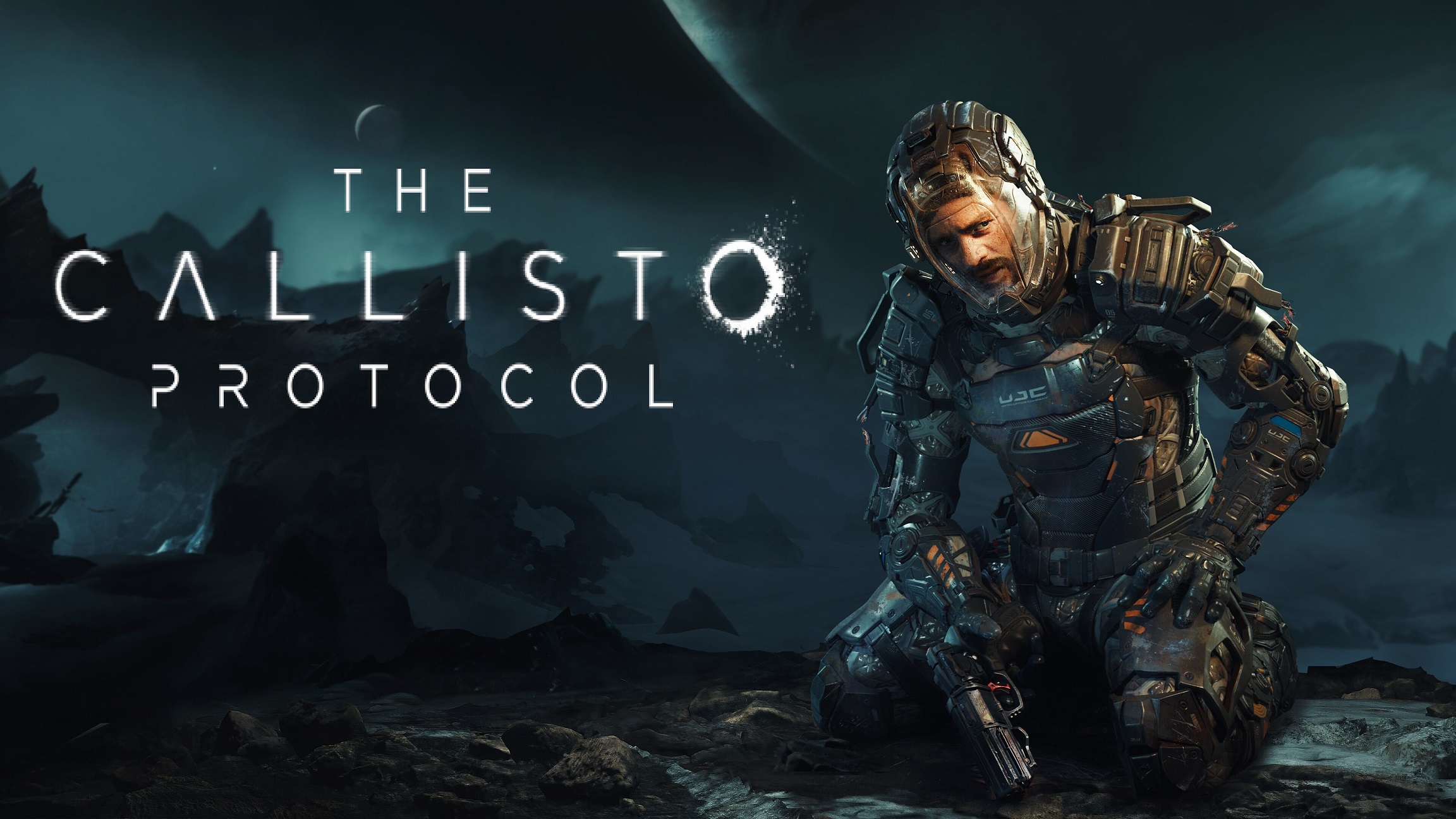

Decoding the Buzz: The Most Talked-About Games Shaping Conversations
Video games are more than just interactive entertainment; they are cultural phenomena, social hubs, and often, the subject of passionate, widespread discussion. From water cooler chats and online forums to social media feeds and dedicated streaming platforms, the games that capture the public imagination become significant talking points. But what makes a game truly “talked about”? It’s a complex mix of anticipation, innovation, community engagement, critical reception, and sometimes, even controversy.
Being “most talked about” isn’t solely about sales figures, although commercial success certainly helps fuel the fire. It’s about generating buzz, sparking debate, creating shared experiences, and leaving a lasting impression on the gaming landscape and beyond. In recent years, several titles have dominated these conversations for a multitude of reasons. Let’s explore some of the games that have been at the forefront of these discussions and delve into why they captured so much attention.
The Reign of the Open World Epics: Elden Ring & The Legend of Zelda: Tears of the Kingdom
Few genres command as much immediate attention as the open-world epic, promising vast landscapes to explore and seemingly endless possibilities. Two recent titans stand out for the sheer volume and intensity of discussion they generated: FromSoftware’s Elden Ring (2022) and Nintendo’s The Legend of Zelda: Tears of the Kingdom (2023).
Elden Ring arrived with immense anticipation, building on FromSoftware’s reputation for challenging combat and intricate world design established by the Dark Souls series. What made it explode into mainstream conversation, however, was its ambitious pivot to a sprawling open world. Players revelled in the freedom to explore the Lands Between, discovering hidden bosses, cryptic lore, and breathtaking vistas. The game became a global phenomenon, with discussions centering around its notorious difficulty (“Git Gud” became a meme), the sheer scale of its world, collaborative strategies for tackling bosses, and the unique sense of discovery it fostered. It wasn’t just a game; it was an event that brought hardcore Souls fans and curious newcomers together in shared struggle and triumph. Its critical acclaim, culminating in numerous Game of the Year awards, only amplified the buzz.
Similarly, The Legend of Zelda: Tears of the Kingdom followed in the footsteps of its groundbreaking predecessor, Breath of the Wild. The hype leading up to its release was astronomical, fueled by the promise of expanding upon an already beloved formula. Nintendo delivered not just a larger world, but revolutionary new mechanics like “Ultrahand,” “Fuse,” and “Ascend.” These abilities didn’t just change gameplay; they unleashed unprecedented player creativity. Online platforms were flooded with videos of elaborate contraptions built to solve puzzles, traverse the environment, or simply cause hilarious chaos. The sheer ingenuity displayed by the player base became a massive talking point itself, showcasing the game’s incredible design depth and replayability. Like Elden Ring, Tears of the Kingdom garnered near-universal critical praise, solidifying its place as a must-play title and a constant subject of discussion regarding its innovation and the boundless possibilities it offered.
The Redemption Arc: Cyberpunk 2077
Not all conversations are born from success and praise. Sometimes, controversy and disappointment can make a game intensely talked about. Cyberpunk 2077, developed by the highly respected CD Projekt Red, is a prime example. The hype surrounding its release in December 2020 was arguably unprecedented, promising a vast, immersive sci-fi RPG world based on popular lore. However, the reality of its launch, particularly on base PlayStation 4 and Xbox One consoles, was a disaster. Plagued by crippling bugs, performance issues, and missing features, the game became a lightning rod for criticism and disappointment.

The ensuing conversation was dominated by outrage, technical analyses of its flaws, and debates about developer promises versus execution. Sony even took the unprecedented step of removing the game from the PlayStation Store. Yet, the story didn’t end there. CD Projekt Red committed to fixing the game through numerous patches and updates. The release of the critically acclaimed Phantom Liberty expansion and the accompanying 2.0 update dramatically improved the game’s performance and refined its systems. This transformation sparked a new wave of discussion – a redemption arc. Players who had abandoned it returned, newcomers experienced a much-improved product, and the conversation shifted from condemnation to cautious praise and recognition of the developers’ efforts. Cyberpunk 2077‘s journey from disastrous launch to respected (though still debated) title makes it one of the most unique and talked-about games of the last few years, a case study in both the pitfalls of hype and the potential for developer perseverance.
The Live Service Giants: Fortnite & Genshin Impact
In the modern gaming landscape, games that constantly evolve and offer ongoing content often maintain a consistent presence in conversations. Live service games like Fortnite and Genshin Impact are masters of this.
Epic Games’ Fortnite transcended being just a battle royale game to become a cultural phenomenon and a social hub. Its free-to-play model, coupled with constant map changes, seasonal updates, and a relentless stream of pop culture crossover events (from Marvel and Star Wars to Ariana Grande concerts and in-game movie premieres), ensures it is always relevant. The conversation around Fortnite isn’t just about gameplay; it’s about predicting the next event, discussing the latest skin, reacting to map changes, and sharing experiences in its ever-expanding “Metaverse” ambitions. It’s a game that lives and breathes on social media and streaming platforms, perpetually generating buzz through its sheer scale and ability to tap into global trends.
miHoYo’s Genshin Impact, while also free-to-play, operates on a different model – the gacha system – combined with a massive open world and deep RPG mechanics. Launched in 2020, it quickly became a global sensation, particularly dominating mobile and PC markets. The conversation around Genshin Impact is driven by its stunning anime-inspired visuals, vast world exploration, engaging storyline, and frequent updates introducing new characters, regions, and quests. The gacha element fuels discussions about strategy, luck, and collecting coveted characters. Its immense financial success, coupled with its widespread popularity across different platforms and regions (especially in Asia), makes it a consistent topic among a dedicated and ever-growing player base.

The Unexpected Phenomena: Baldur’s Gate 3 & Palworld
Sometimes, games become intensely talked about because they defy expectations or seemingly come out of nowhere to achieve massive success.
Larian Studios’ Baldur’s Gate 3 (2023) was highly anticipated by fans of CRPGs and the Dungeons & Dragons universe, but few predicted the level of mainstream success and critical adoration it achieved. Its release sparked conversations about the potential of player choice and consequence in modern RPGs, the depth of its writing and character interactions, and its surprisingly polished state at launch. The game’s commitment to allowing players unprecedented freedom in how they approach quests and relationships led to viral moments and shared stories that dominated gaming communities. It wasn’t just a great RPG; it was a statement about what the genre could be, earning widespread praise and dominating Game of the Year discussions, proving that deep, complex experiences can capture a massive audience.
On the other end of the spectrum lies Palworld (2024), which exploded onto the scene seemingly overnight during its early access launch. Dubbed “Pokémon with guns” by the internet, its sudden, massive popularity sparked immediate and intense discussion. The conversation ranged from astonishment at its concurrent player numbers (rivalling established giants) to debates about its core concept, accusations of asset plagiarism and AI art usage, and discussions about its survival-crafting gameplay loop. Palworld became a prime example of a game whose buzz was fueled by a mix of genuine interest in its premise and the sheer controversy and debate surrounding its origins and mechanics. It proved that a game doesn’t need years of hype to become the most talked-about title of the moment; sometimes, a provocative concept and viral spread are enough.
The Evergreen Giant & The Anticipated Future: Grand Theft Auto V & GTA 6

It’s impossible to discuss “most talked about games” without mentioning the enduring legacy of Grand Theft Auto V (2013) and the perpetual anticipation for its successor. Even a decade after its initial release, GTA V remains one of the best-selling and most played games globally, largely thanks to the ever-evolving world of GTA Online. The conversation around GTA is constant – from updates to Online, shared experiences within its chaotic sandbox, and, most significantly, the relentless speculation and anticipation surrounding Grand Theft Auto 6. The mere release of the first GTA 6 trailer in late 2023 became a global event, breaking YouTube records and dominating headlines, demonstrating the immense power of the franchise’s brand and the pent-up demand for its next iteration. The wait for GTA 6 is, in itself, one of the most significant talking points in gaming history.
Why Do We Talk About Games?
These examples highlight the diverse reasons games become subjects of widespread discussion:
- Hype & Anticipation: Building massive excitement leading up to release.
- Innovation & Quality: Introducing new mechanics or setting high standards for design, writing, or visuals.
- Community & Social Interaction: Providing platforms for






